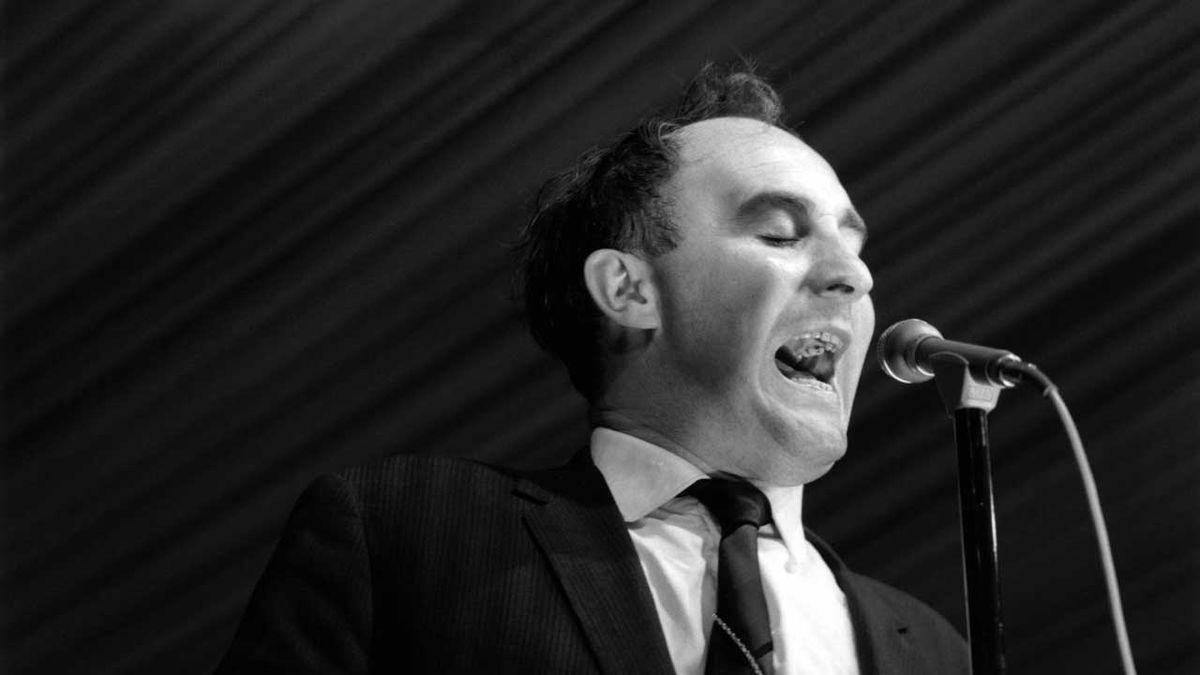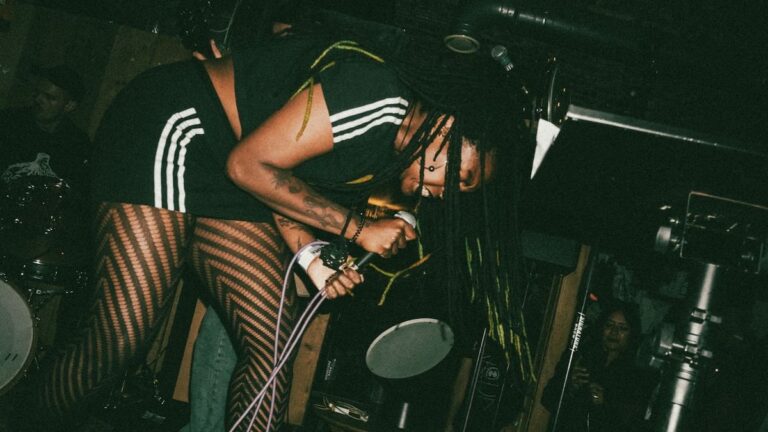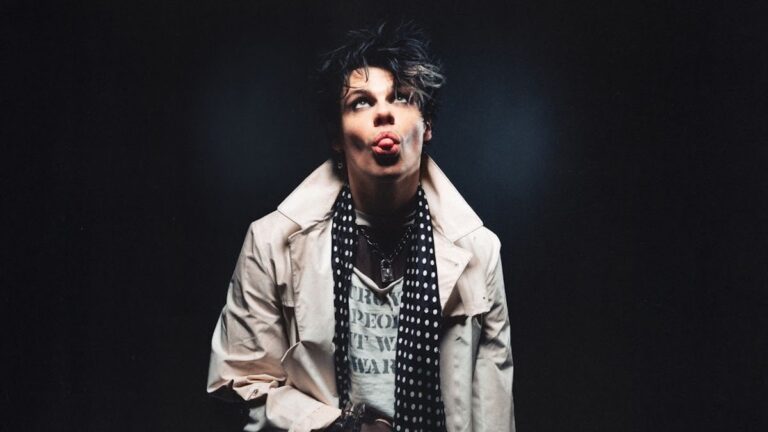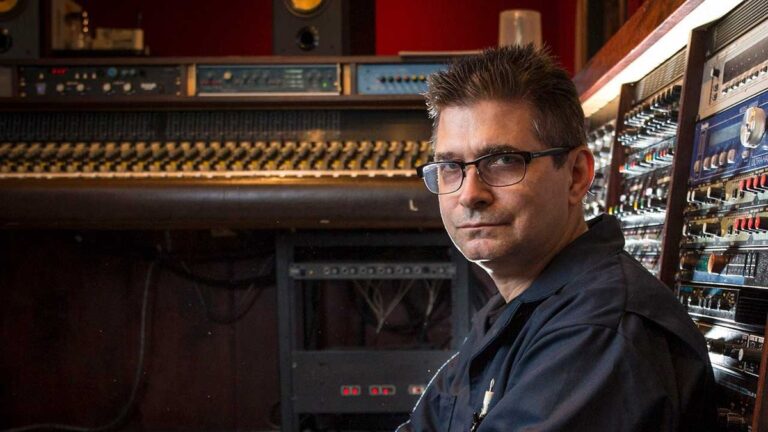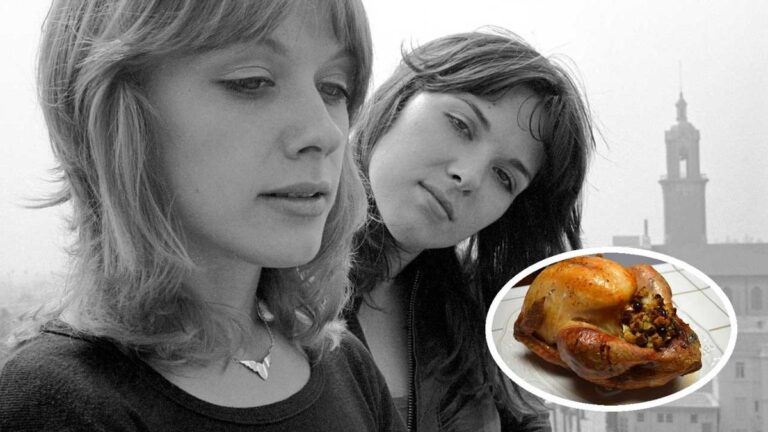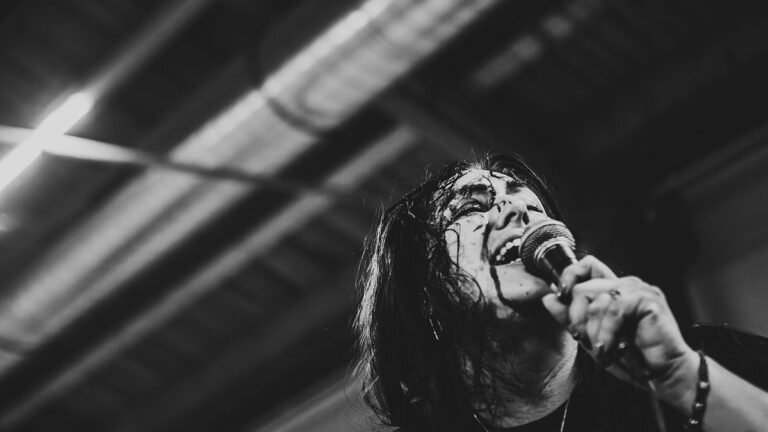Uncover the Unsung Hero: How Cyril Davies Influenced a Generation of Musicians and Was Erased from History
Hailed by many as the best blues harmonica player the UK ever produced, Cyril Davies was a grumpy, balding panel beater who happened to lead the London R&B scene that shaped British rock, yet made few records before passing away in January 1964 at the age of only 31.
The man nicknamed ‘Squirrel’ was an aggressive purist who blew with untamed elemental power in Blues Incorporated; the world’s first white electric blues band he formed with the better-known Alexis Korner and one of the most significant outfits in the history of British rock’n’roll. Cyril helped the nascent Rolling Stones with early gigs and encouragement and inspired Ray Davies to make a go of The Kinks. Jimmy Page says he “pioneered a sound that was to give incentive to every group of the time”. But, curiously and unjustly, Cyril has been all but air-brushed out of the musical history he helped shape.
Born in 1932 in the Buckinghamshire commuter town of Denham, by the early 50s Cyril was running his own auto repair and salvage business. After playing trad jazz guitar in pubs, he opened the London Skiffle Centre upstairs at the Roundhouse pub on Wardour Street in 1955 and sang Lead Belly songs on 12-string guitar. The Roundhouse became the epicenter of London’s blues movement after Davies met the likeminded Korner and, at Cyril’s suggestion, became the London Blues and Barrelhouse Club, booking American legends Sonny Terry and Brownie McGhee, Muddy Waters and Memphis Slim.
In February 1957, the renamed Alexis Korner’s Breakdown Group Featuring Cyril Davies recorded Blues From The Roundhouse, including heartfelt blues, skiffle, and Cyril’s three Lead Belly covers. The band had become Alexis Korner’s Blues Incorporated by the time it recorded Volume Two in April 1958. That October, Muddy Waters visited the UK to play his only London club date at the Roundhouse – said to be the first time an electric guitar had been seen in a London club, and was duly heckled. Muddy’s tough electric blues proved a revelation for Cyril, who amplified his harp with a small pick-up covered with rubber from a bicycle tire attached to a cable.
After being thrown out of the Roundhouse for being too loud, Korner and Davies opened the Ealing Club, opposite Ealing Broadway tube station, in March 1962. The leaky basement was always packed, attracting like-minded acolytes, including Mick Jagger (who’d get up to sing), Keith Richards, Rod Stewart, Jimmy Page, John Mayall, Eric Clapton, Eric Burdon, and bottleneck guitar maestro Brian Jones.
Even Jagger suffered Cyril’s legendary bluntness, recalling, “I learned an enormous amount from Cyril, but he wasn’t an expansive person, he was very gruff, almost to the point of rudeness.” Richards remembers “he used to drink bourbon like a fish”.
Chris Barber booked Blues Inc. to host the first ‘Rhythm & Blues Night’ at the Marquee every Thursday from May. After the residency resulted in a Decca contract, Blues Inc. recorded R&B At The Marquee, which included Muddy and Korner tunes plus Cyril’s abrasive Spooky But Nice and Keep Your Hands Off. August saw Ginger Baker replace the Stones-bound Charlie Watts in Blues Inc., joined by bassist Jack Bruce then anarchic sax hurricane Graham Bond. Disapproving of these jazzier elements, Cyril left to form his All-Stars with members of Screaming Lord Sutch’s Savages, including future Stones pianist Nicky Hopkins, and Jimmy Page before he started concentrating on session work. “I don’t like to see the music messed about with,” announced Cyril. “I like it straight.”
January 1963 saw Korner move to the Flamingo, while Cyril retained the Marquee (The Stones were given the interval slot but soon shown the door when they requested more money). Cyril’s new band also played the Roaring Twenties, Piccadilly Club and Eel Pie Island. Jimmy Page was often in the audience, recalling, “It was a fantastic band, the best blues band of the day.”
After signing to Pye Records in February, the All-Stars recorded what was effectively the first British blues single, locomotive stage fave Country Line Special and Chicago Calling, Cyril’s yearning tribute to the city he would never see. Hugely influential, Ray Davies called it “the record that kick-started The Kinks… one of the greatest records of its type ever made… I saw the band when I was at Hornsey Art School in 1962… The Kinks came through after that.” Pete Townshend described it as “one of my hottest tracks at the time!”, and asked Hopkins to play on The Who’s first album.
August saw a second single: Cyril’s evangelical Preachin’ The Blues and Lead Belly’s Sweet Mary, promoted by tours with Gerry And The Pacemakers and Billy J Kramer. “On pop tours I shall still play the same way,” declared Cyril. “I can’t play any other. You have to try to bend the public, not the music.” The All-Stars were guests on the Beatles’ Pop Go The Beatles radio series and appeared at the 1963 National Jazz and Blues festival in Richmond when the Rolling Stones were the first band on.
By now, the hard-living blues lifestyle Cyril worshipped, including violence and villainy, had given him pleurisy. He died on January 7, 1964, from endocarditis, an inflammation of the heart’s inner layer, and never saw the world-changing impact of his pure blues mission.
In 2014, Preachin’ The Blues: The Cyril Davies Memorial Album, gathered every track he appeared on in his tragically short career, showing an untamed genius just starting his tragically curtailed journey. For more information, visit cyrildavies.com. This feature originally appeared in Classic Rock 240, published in September 2017.

